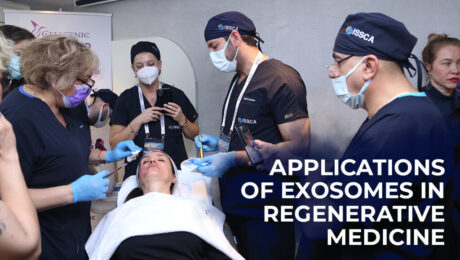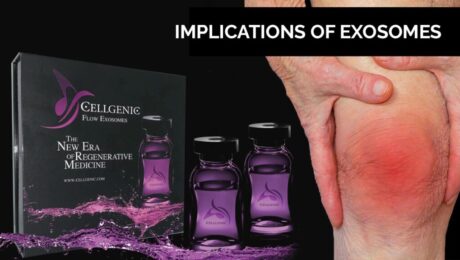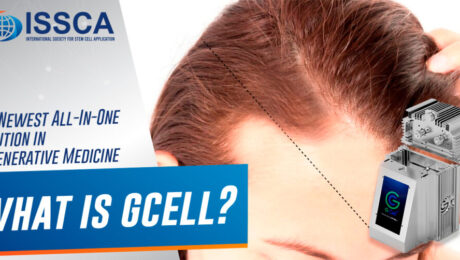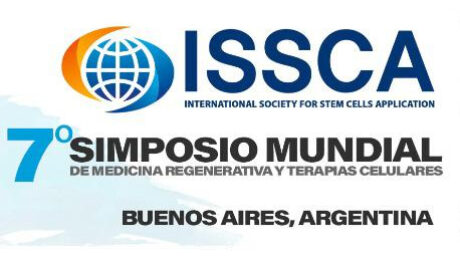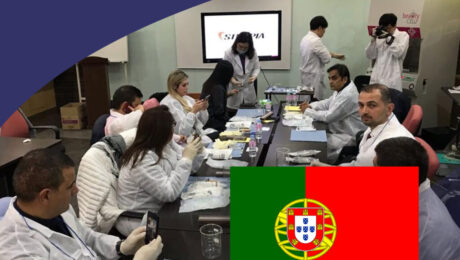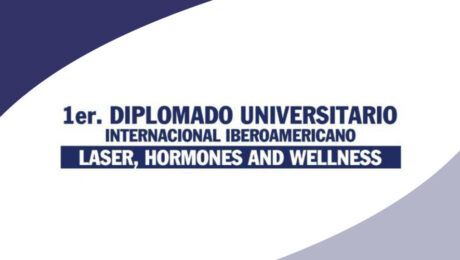In recent years, the application of exosomes in regenerative medicine has been growing. Also, many more potential applications of exosomes in regenerative medicine are still being studied. In this article, you’ll learn the functions of exosomes and up-to-date applications of exosomes in regenerative medicine. What are exosomes? Exosomes are tiny vesicles that play a crucial
As the newest field to regenerative medicine, it’s often exosomes therapy the least understood by those doctors newer to the field. While still not in use by many doctors, this is simply because it is new to the field. This is because many scientists are practically rabid to harnessthe benefits of this new treatment and
Are you a physician that is currently utilizing adipose tissue, but is growing tired of the time-consuming, arduous procedure? Are you having problems finding reagents that allow you to isolate stem cells? If so, GCell might be the solution for you. What is GCell? GCell is a revolutionary new machine that holds the potential to
The International Society for Stem Cells Applications has officially announced and published its list of speakers for its 7th Annual Regenerative Medicine Symposium. The seventh event of its kind, it is another effort from the iSSCA to bring together a network of regenerative medicine practitioners from all over the world. At previous events, hundreds of
The Global Stem Cells Group has at last finalized discussions to open a The Stem Cell Center Network site in Lisbon, portugal. The Stem Cell Center operates an international network of regenerative medicine practitioners that is dedicated to sharing information with the end goal of bringing cutting-edge regenerative medicine-based treatments to patients suffering from debilitating
The First International Iber-American University Diploma has been announced to focus on laser therapy, hormone therapy, and wellness, and brings with it over a dozen seasoned instructors. The fellowship program, which spans over multiple weeks, covers a variety of topics with the focus of expanding the professional vision of medical professionals, and furthering knowledge of



